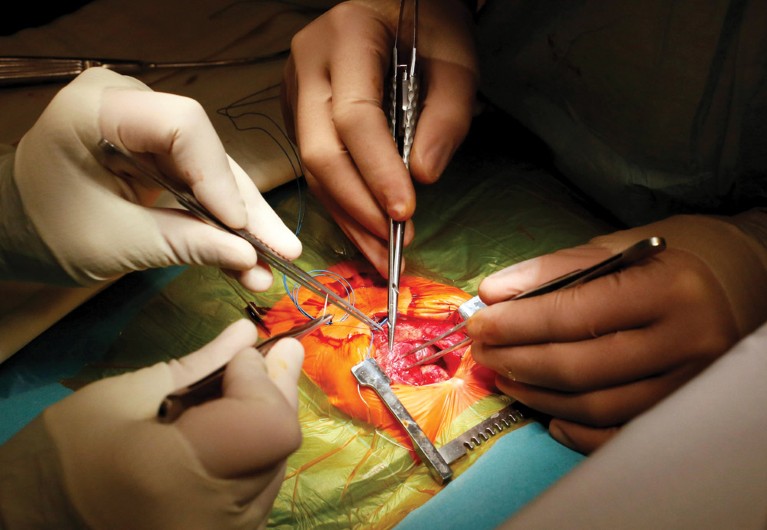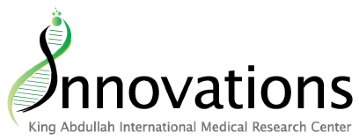
Congenital heart defects are one of the leading causes of infant death worldwide.ILYA NAYMUSHIN/REUTERS / ALAMY STOCK PHOTO
One of the largest international genetic studies of congenital heart disease (CHD) highlights the significance, in particular forms of the disease, of spontaneous gene mutations not inherited from parents.
Congenital heart defects develop in the womb and are the most common cause of birth defect-related infant death worldwide, affecting approximately one in every 100 newborns. Several CHD-associated genes have been identified, but other factors, such as maternal diabetes or taking anticoagulant or antiepileptic medications during pregnancy, have been shown to slightly increase the risk of CHD.
To shed more light on the genetic basis of CHD inheritance, Matthew Hurles at the Wellcome Trust Sanger Institute in Cambridge, UK and colleagues sequenced the protein-coding part of the genome of 1,891 children with CHD and their parents. Patients were recruited from medical centres in the UK, US, Canada, Germany, Belgium and Saudi Arabia.
Their findings, published in Nature Genetics, provide the first clear evidence of genetic differences between two forms of the disease.
In syndromic CHD, where the disease is one among several developmental problems, such as abnormalities in other organs or an intellectual disability, the defects were found to be more likely due to new mutations that aren’t inherited from the parents.
But, children with isolated defects of the heart, known as non-syndromic CHD, did not have such spontaneous mutations and often inherited damaging gene variants from their healthy parents.
The authors also describe three new rare syndromic CHD disorders caused by new mutations in genes not previously associated with CHD. Establishing the function of these genes will shed further light on important biological mechanisms involved in normal embryonic development.
These findings could be useful in the design of future genetic studies. To determine the most dominant CHD-associated genes, studies of non-syndromic CHD patients, which make up 90 percent of CHD patients worldwide, will benefit from sequencing the genomes of parents and unaffected siblings.
Understanding the potential causes of CHD not only accelerates research into disease mechanisms and possible therapies, it also helps physicians give more accurate advice to parents about their chances of having a second child with the disease. “These findings have an immediate and direct impact on how patients are counselled, on family planning and on prenatal diagnosis,” explains molecular pathologist Saeed Al Turki of King Abdulaziz Medical City in Riyadh.


